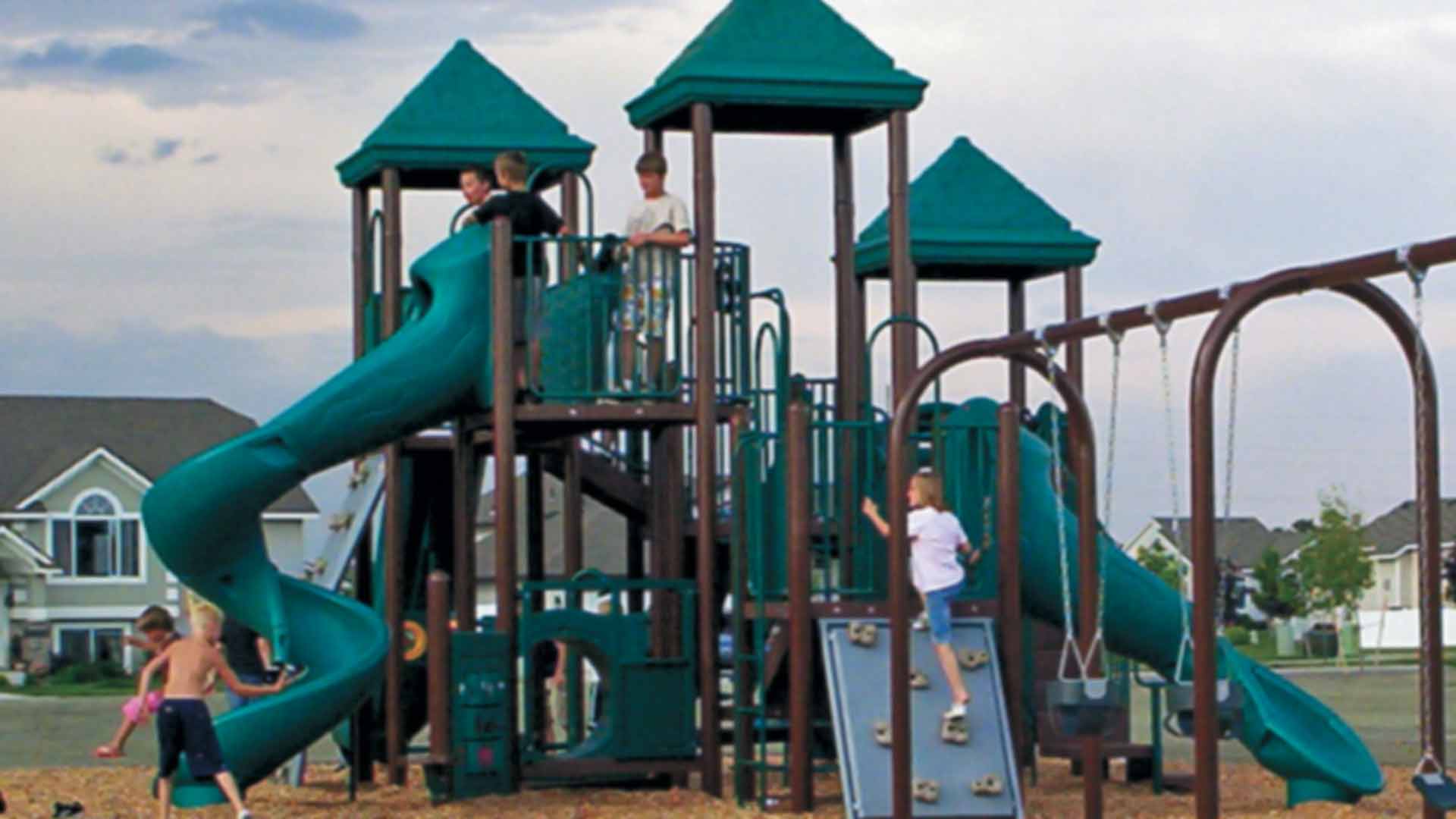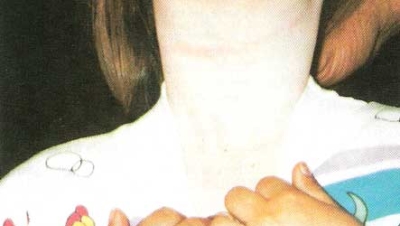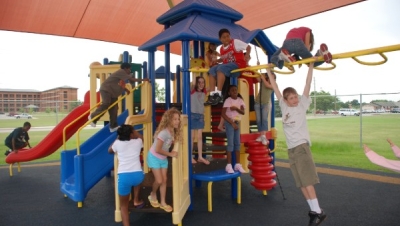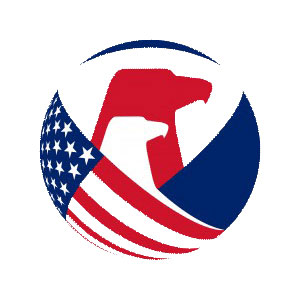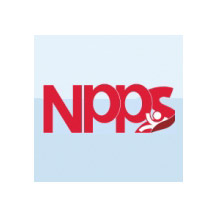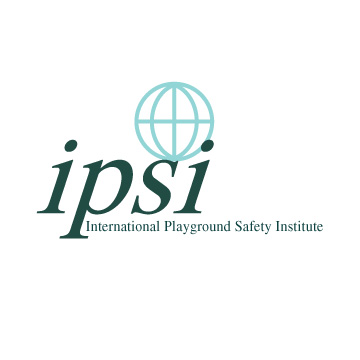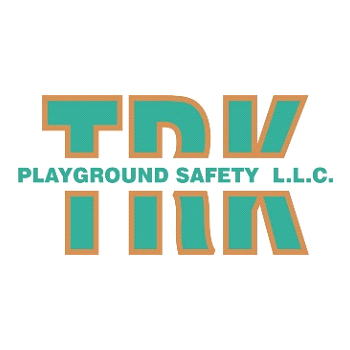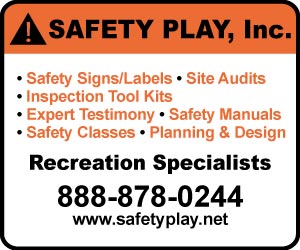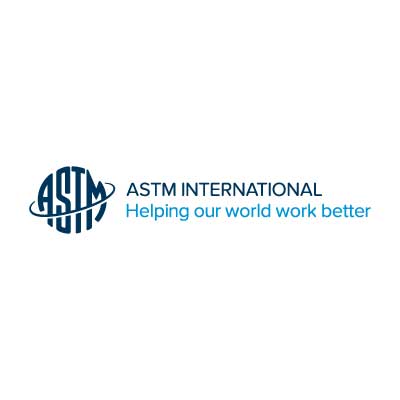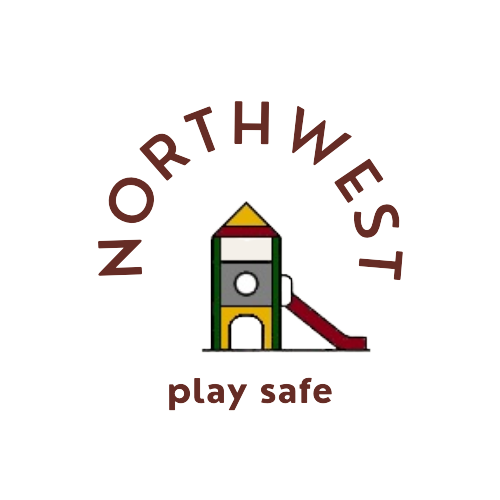The evolution and importance
Standard of Care
There are three components to a successful playground safety program. The first component is the standard of care that an agency uses in maintaining its playgrounds. The agency may have reduced liability if it is following an established standard of care. This may be used as a test of liability in cases of negligence.
Standard of Care is defined as the degree of care an ordinary, reasonable, and prudent person would exercise in given circumstances. The standard of care is the degree of prudence and caution required of an individual who is under a duty of care. A breach of the standard is necessary for a successful action in negligence.
For agencies whose staff have not taken the CPSI course nor have state requirements, their standard of care is based on their written operational procedures for the playgrounds.
Requirements for the standard of care are constantly evolving. Twenty years ago there was no standard of care for playgrounds, and five years from now today’s standard of care will have changed because of what we now know and what we are learning through child development, new industry technology, accident data, risk management experiences, the value of maintenance, etc.
The National Recreation and Park Association teaches a course that gives the tools for developing a comprehensive playground safety program based on audits, inspections, maintenance, and risk management. Once a student has successfully completed the course and passed a nationally accredited exam, they become a Certified Playground Safety Inspector (CPSI), who can use this information in developing policies and procedures for his department/agency. The minimum prerequisite for the standard of care is following the established policies and procedures. The existence of liability for that department/agency is in part dependent on the policies and procedures being maintained.
A state law, code, or regulation is not necessarily the standard of care, but it is a requirement that must be followed and may drive the evolution of the standard of care. A law may fall short of the standard of care. A standard of care arises from the policies and procedures the agency develops. For example, when a state adopts the Consumer Product Safety Commission’s Handbook for Public Playground Safety for their playground safety law, the agency must look within that document for information on standards for equipment, surfacing, use zones, and general maintenance as a minimum basis for the standard of care. The standard of care may require more than the law requires.
For agencies whose staff have not taken the CPSI course nor have state requirements, their standard of care is based on their written operational procedures for the playgrounds. If there are no written procedures, the standard of care is what a reasonable and prudent department/agency would do under the circumstances.
Duty of Care
The second component applies to city, school district, or agency administrators as they have a Duty of Care to follow through on the standard of care that has been created for the playgrounds. In states that have playground legislation or regulations, the city, school district or agency also has a duty of care to uphold these requirements as well. Duty of care is defined as the responsibility or legal obligation of a person or organization to avoid acts or omissions (which can be reasonably foreseen) to cause harm to others.
Best Practices
The third component applies to the Best Practices of the contractors and installers who build the playgrounds. It asserts that there is a technique, method, process, activity, or incentive that is more effective at delivering a particular outcome than any other technique, method, process, etc. The idea is that with proper processes, checks, and testing, a desired outcome can be delivered with fewer problems and unforeseen complications. Best practices can also be defined as the most efficient (least amount of effort) and effective (best results) way of accomplishing a task, based on repeatable procedures that have proven themselves over time.
The criteria for best practices of contractors is continually evolving as well. Some new equipment and surfacing designs require different types of installation. New installer techniques are being developed to make installations more efficient and accurate. Changes in ASTM Standards, CPSC Handbook, and ADA accessibility must be incorporated. Failure to use best practices can lead to allegations of negligence in cases of liability.
The NPCAI RISC Course is a training program on the best practices for playground contractors and installers to use in developing procedures and policies for their companies. These are based on ASTM Standards, CPSC, and ADA/ABA Guidelines. In states with regulations or laws pertaining to the equipment or contractor licensing requirements, these are incorporated into their best practices.
These three components are connected because the top administration of any municipality, school district, or organization has a Duty of Care in overseeing the actions of their departments/agencies. The department/agencies should have a Standard of Care which includes their policies and procedures. Their actions in implementing them will reduce their liability. The playground contractors have a duty to follow Best Practices in installing playgrounds. Consultants and independent maintenance companies must meet the requirements of their clients.
Providing safe playgrounds that meet all of today’s requirements is the expectation of the public. For the safety of all children, it is the challenge of those in the playground business to see that the public’s expectations are met.
About the Authors:
MaryLou Iverson retired after 20 years as a park and recreation director to a new career. As an international risk consultant for play areas, she has worked with cities, school districts, amusement parks, fast food restaurants, family fun centers, manufacturers, and attorneys. She has been active on the American Society of Testing and Materials International’s playground, surfacing, and amusement park standards committees. MaryLou is the principal of The Iverson Associates and The Iverson Group, LLC.
Margaret (Peggy) Payne has been involved in playground safety since 1985. She is a member of several ASTM committees, including Public Use Playground Equipment. She is the co-owner of Playground Medic, Peggy Payne & Associates, Inc., and Total Recreation Management Services, businesses specializing in Playground Safety. She is a Certified Playground Safety Inspector, playground safety design consultant, and litigation consultant.

